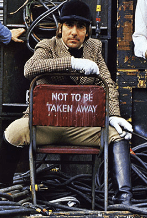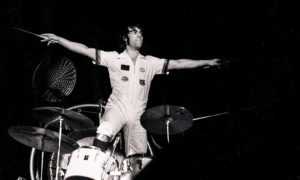Artists
Keith Moon: The Beat Behind the Madness
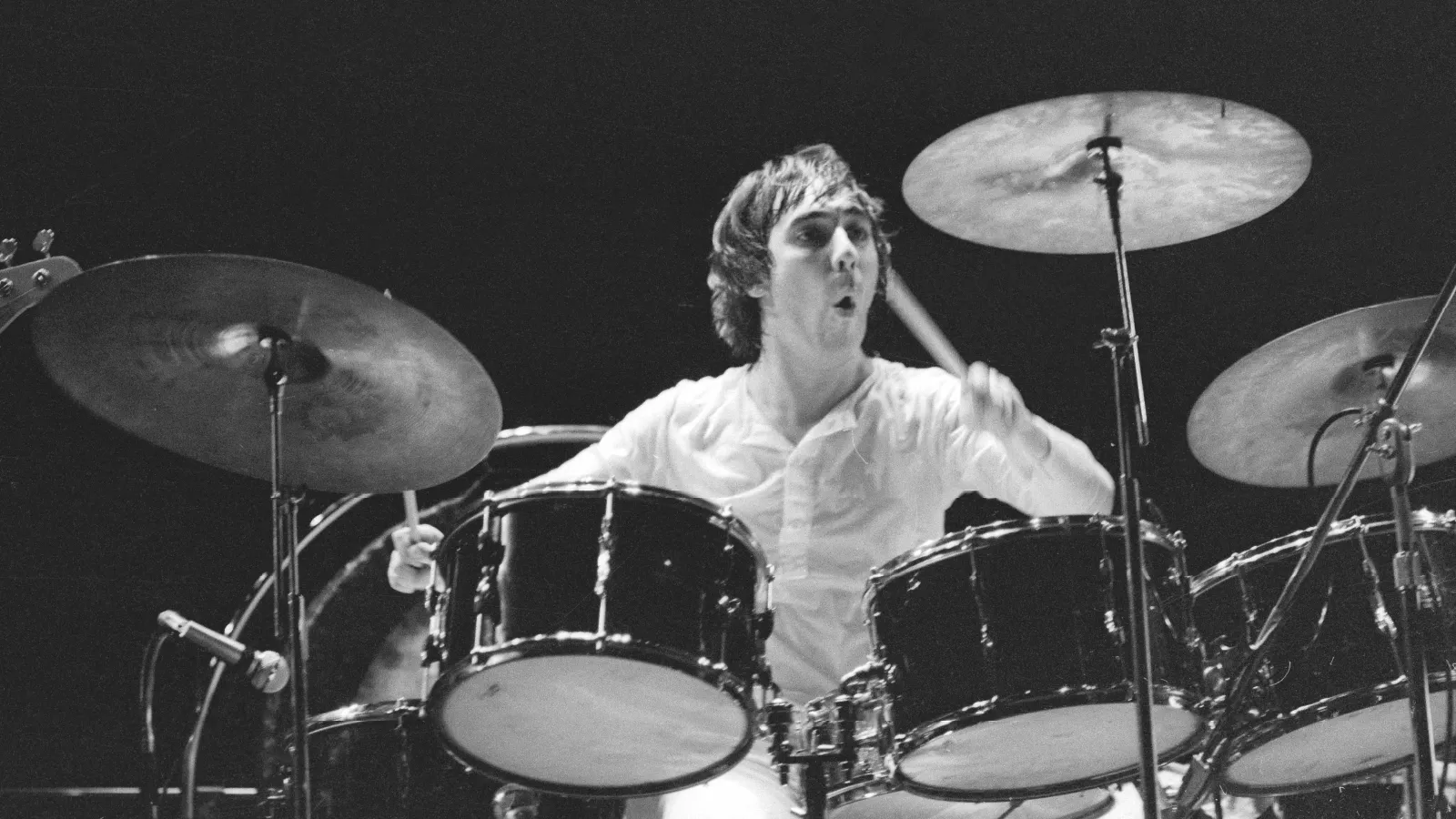
Keith Moon, known as “Moon the Loon” for his wild antics and “The Madman of Rock,” was the legendary drummer of The Who and is celebrated as one of the most unique and influential rock drummers in history. Born in 1946 in London, his life was a mix of revolutionary music-making and unpredictable behavior, setting a standard for drumming style and intensity that remains virtually unmatched. Moon’s explosive technique and unconventional rhythms gave The Who a sound that was powerful, chaotic, and deeply alive. His influence on rock music is profound, inspiring generations of drummers to break away from convention and embrace creativity and energy on stage.
Early Life
Keith John Moon was born on August 23, 1946, in Wembley, London, into a working-class family. Growing up, Moon struggled with academics but displayed an early love for music, especially for the drums, and began taking lessons in his teens. By age 14, he was already a promising young drummer, influenced by surf rock and jazz players like Hal Blaine, Gene Krupa, DJ Fontana (Elvis Presley’s original drummer), Tony Meehan (The Shadows’ original drummer), Viv Prince of The Pretty Things, and The Beach Boys. In December 1962, Moon joined a band called the Beachcombers, where he began to experiment with his unique style before being recruited by The Who in 1964.
 Career with The Who
Career with The Who
Joining The Who transformed Moon’s life and rock drumming itself. Known for their high-energy performances and rebellious style, The Who needed a drummer who could match their intensity, and Moon was the perfect fit. With Roger Daltrey, Pete Townshend, and John Entwistle, he contributed to landmark albums like My Generation, Tommy, Who’s Next, and Quadrophenia. Moon’s drumming was fast, and aggressive, and featured rapid, unpredictable fills, adding a layer of chaos and excitement to The Who‘s sound. On stage, he was as much a performer as a musician, often destroying his drum kit at the end of shows and captivating audiences with his frenetic energy.
Drumming Style
Keith Moon’s style was revolutionary. Unlike most drummers who maintain a steady beat, Moon created a dynamic flow of sound that complemented and even led the music, often disregarding traditional drumming techniques. Known for his rapid fills, explosive tom rolls, and aggressive use of cymbals, he approached the drums almost as if they were a lead instrument, playing in a way that was both melodically supportive and rhythmically experimental. He also incorporated double bass drums into his kit, which was unusual at the time, to enhance the power and fullness of his sound. His unorthodox style made each song unpredictable and contributed heavily to The Who’s distinctive sound.
Legacy and Influence
Moon’s legacy is undeniable. He paved the way for future rock drummers to explore the drums as a more expressive, individualistic instrument. Moon‘s style has influenced countless drummers, from John Bonham of Led Zeppelin to Dave Grohl of Nirvana and the Foo Fighters. His approach changed the perception of what a rock drummer could do and how they could perform. His unique, charismatic style and commitment to breaking barriers have kept his memory alive in the world of rock music, with his name remaining synonymous with drumming innovation.
Death and Final Days
Keith Moon’s life was marked by excess, and his erratic lifestyle took a toll. He struggled with substance abuse, and in 1978, he attempted to quit drinking. Sadly, on September 7, 1978, Moon died of an accidental overdose of clomethiazole, a sedative prescribed to help with alcohol withdrawal. He was only 32 years old. Moon’s untimely death was a huge loss to rock music and left a void in The Who that could never be truly filled.
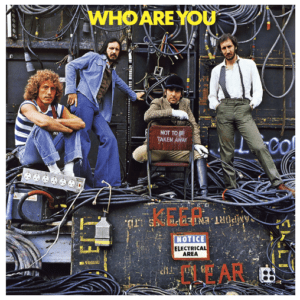
Here are a few clips about Keith Moon
The Genius of Keith Moon by Drumeo
Keith Moon: The Final 24 (Full Documentary)
The Who – Who Are You (from the last album of the same name with Keith Moon)
Keith Moon’s drumming wasn’t just about keeping time; it was about driving the music forward with a chaotic yet purposeful style. Nicknamed “Moon the Loon” for his unpredictable antics, he often treated his drum kit as both a weapon and a playground, smashing it apart on stage and using it in inventive ways. His personality and performance style turned him into a rock icon, and his groundbreaking drumming techniques made him a legend. Moon was not just a drummer but a showman, a pioneer, and a true original whose impact on music and drumming is still felt today.
“Retarded artistically. Idiotic in other respects.” – Moon’s art teacher
Moon “has great ability, but must guard against a tendency to show off.” – Moon’s music teacher

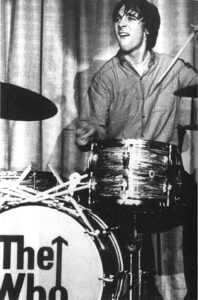 Career with
Career with 